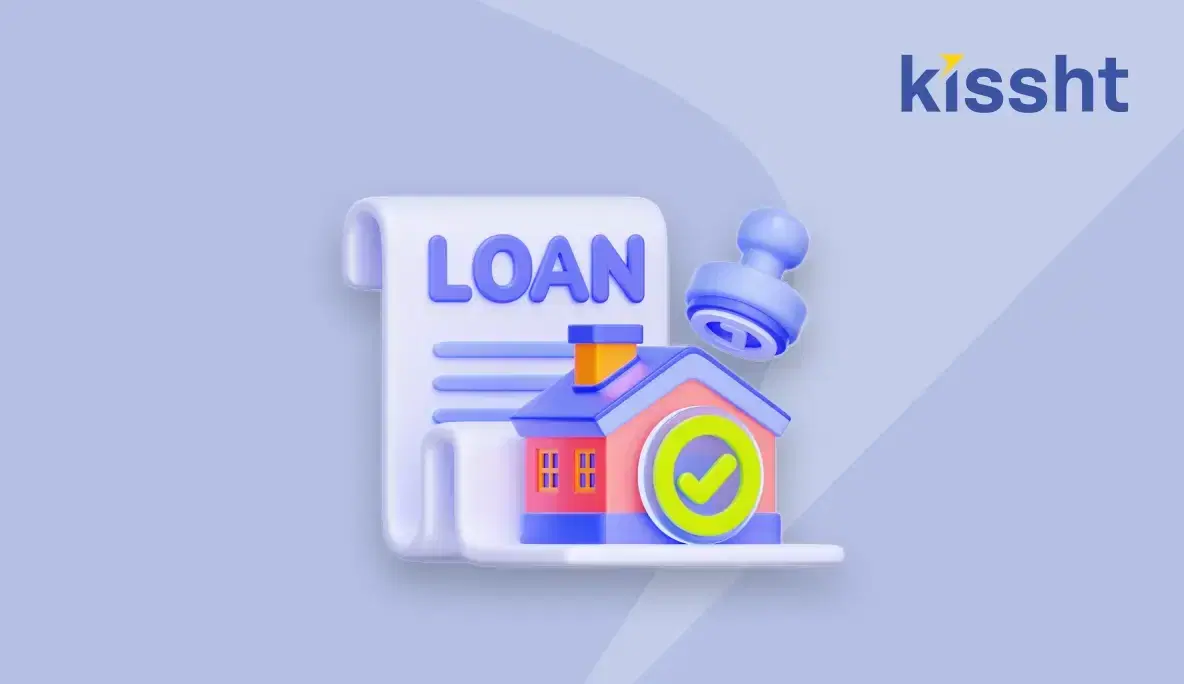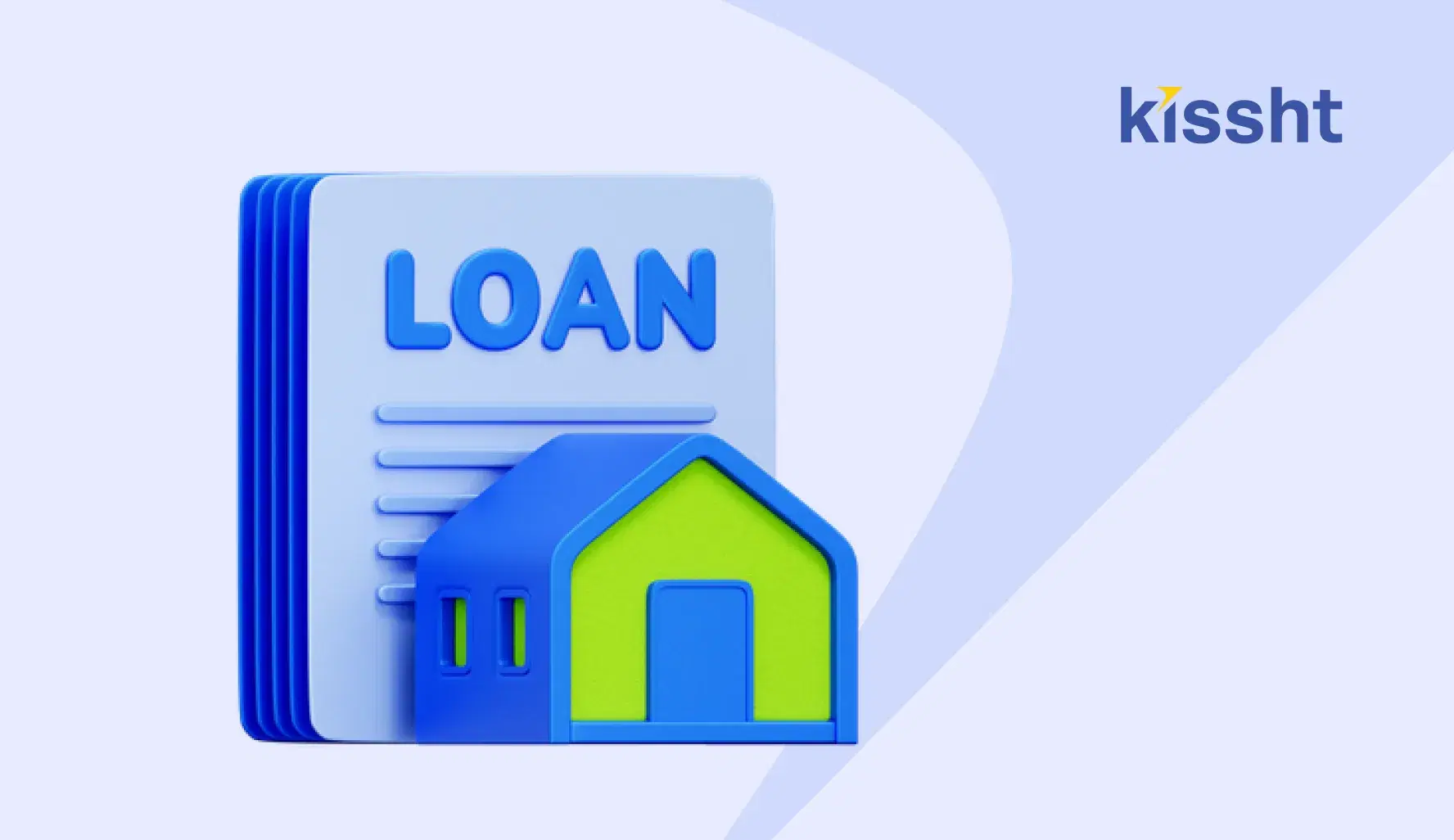List of Documents Required for a Loan Against Property

Applying for a loan against property is one of the most reliable ways to access high-value funding without selling your assets. Since the property itself works as collateral, lenders usually provide a larger loan amount at comparatively lower interest rates. While this makes the product attractive, the process requires a well-defined set of documents. Submitting the right paperwork not only establishes your eligibility but also helps speed up approval.
If you are considering applying through an instant loan app or directly with a lender, understanding the documents required for a loan against property is essential. Below, we break down everything you need to know in a structured, easy-to-follow way.
Why Documents Matter in a Loan Against Property
Documents serve as evidence for income, ownership, and identity. They help lenders confirm:
- That the borrower legally owns the property.
- That the property has no legal disputes or encumbrances.
- That the borrower has the capacity to repay.
- That the requested loan amount aligns with the property's market value.
Without proper documents, the process can face delays, and in some cases, the loan application may be declined.
Primary Categories of Documents Required
Broadly, the paperwork for a loan against property falls into three categories:
- Personal Identification and Proofs
- Income and Financial Records
- Property Documents
Each plays a crucial role, and missing even one can cause hurdles in processing.
Personal Identification Documents
These documents establish the borrower's identity, address, and citizenship status. Most lenders will ask for:
- Proof of Identity: Passport, voter ID, Aadhaar card, PAN card, or driving license.
- Proof of Address: Utility bills, Aadhaar card, passport, or rental agreement.
- Photographs: Recent passport-sized photos.
Such records are part of the standard loan against property documents list, whether you are salaried or self-employed.
Income and Financial Records
To gauge repayment capacity, lenders require evidence of steady income and financial stability. The documents may vary depending on the type of applicant:
For Salaried Individuals:
- Salary slips of the past 3–6 months.
- Form 16 or income tax returns (ITR) for the last two years.
- Bank statements for the past six months.
For Self-Employed Professionals or Business Owners:
- Profit and loss statements.
- Balance sheets audited by a chartered accountant.
- ITR for the past two to three years.
- Business registration certificates, GST filings, or partnership deeds.
Strong income proof not only supports eligibility but also helps borrowers secure low-interest rates on loans against property.
Property Documents
The most crucial set of documents relates directly to the asset being pledged. The property documents required for a loan usually include:
- Original sale deed, conveyance deed, or title deed.
- Property tax receipts (latest).
- Approved building plan and completion certificate (for constructed properties).
- Occupancy certificate (if applicable).
- Encumbrance certificate to confirm no legal disputes or unpaid dues.
- NOC (No Objection Certificate) issued by the appropriate authorities or society (if required).
Submitting accurate and up-to-date property documents ensures that the asset is free from disputes, making the loan approval smoother.
Additional Documents Based on Applicant Profile
While the above are required for all, lenders may request additional paperwork depending on the situation:
- For co-applicants, their ID proofs and income documents.
- For leased or rented properties, a copy of the lease agreement.
- For agricultural land being used as collateral, a loan against land document set including ownership papers and usage permissions.
Borrowers should be prepared with these variations to avoid unnecessary back-and-forth.
Understanding Loan Against Property Interest Rates
The documents submitted also influence the applicable loan against property interest rates. For instance:
- A borrower with high and stable income supported by strong records may secure a lower rate.
- Complete and dispute-free property papers improve the chances of a smoother process.
- Applicants who meet all loan against property eligibility conditions often receive better deals compared to those with missing documentation.
This highlights the importance of preparing the document list thoroughly before approaching a lender.
Best Practices While Collecting Documents
Borrowers can reduce delays by following a few actionable tips:
- Always keep multiple photocopies of each document.
- Ensure all documents are updated with the latest details (such as address).
- Keep both original and self-attested copies ready for verification.
- Cross-check the lender’s checklist since requirements may slightly differ.
- Use digital copies when applying through an instant loan app, as many lenders now allow uploading documents online.
Common Challenges and How to Avoid Them
1. Incomplete property records: Missing NOC or tax receipts can delay the loan. Make sure these are updated.
2. Mismatch in details: Ensure your name, date of birth, and address are consistent across all documents.
3. Expired identity proofs: Renew documents like passports or driving licenses if they have lapsed.
4. Unclear property ownership: Joint ownership must be documented with signatures and consents of all owners.
Avoiding these pitfalls makes the entire process much more efficient.
Final Thoughts
The document list might seem extensive, but it serves an important role in protecting both the borrower and the lender. Preparing them carefully ensures a smoother application, faster approval, and in many cases, access to a low-interest loan against property. Whether you apply directly or through a digital platform, keeping the complete list of loan against property documents ready will help you secure the funding you need without unnecessary delays.
FAQs
1. What is the minimum set of documents needed for a loan against property?
Typically, you need ID proof, address proof, income proof, and basic property ownership papers. Lenders may ask for more based on your profile.
2. Are property tax receipts required for a loan against property?
Yes, most lenders ask for recent property tax receipts to verify tax compliance and confirm ownership.
3. Can agricultural land be used for a loan against property?
This depends on lender policies. If allowed, a separate set of document requirements will apply.
4. Do co-applicants also need to provide documents?
Yes, co-applicants must provide identification and income proof along with their signatures on the application.
5. Can digital copies of documents be used?
Yes, especially if you are applying through an instant loan app, lenders may accept scanned copies. Originals may still be needed during the final verification.

Instant Loans at Your Fingertips
Personal Loan
Fast, hassle-free loan for your personal needs.

Business Loan
Fuel your business growth with quick approvals.

Loan Against Property
Unlock your property’s value with ease.

Credit Pulse
Boost your credit score with smart insights.

Track your credit score
Simply enter your mobile number to get a quick overview of your credit score.
Check Now




